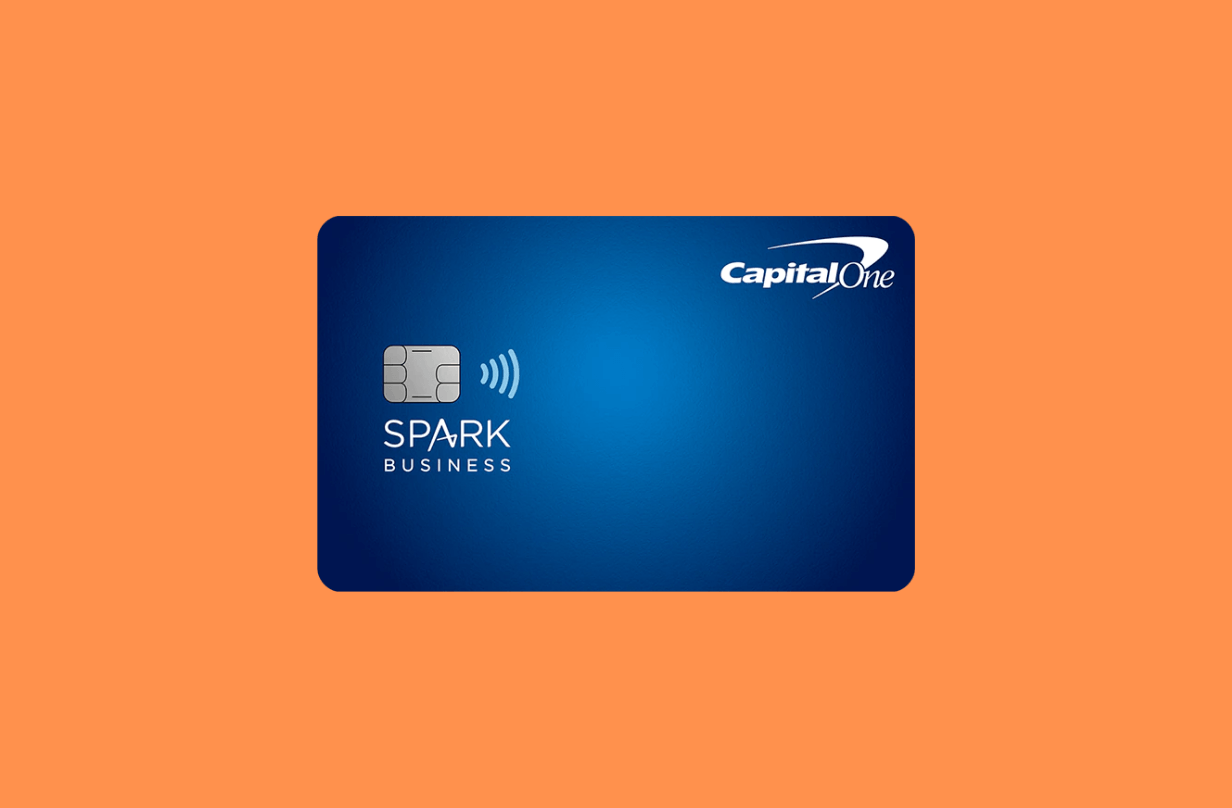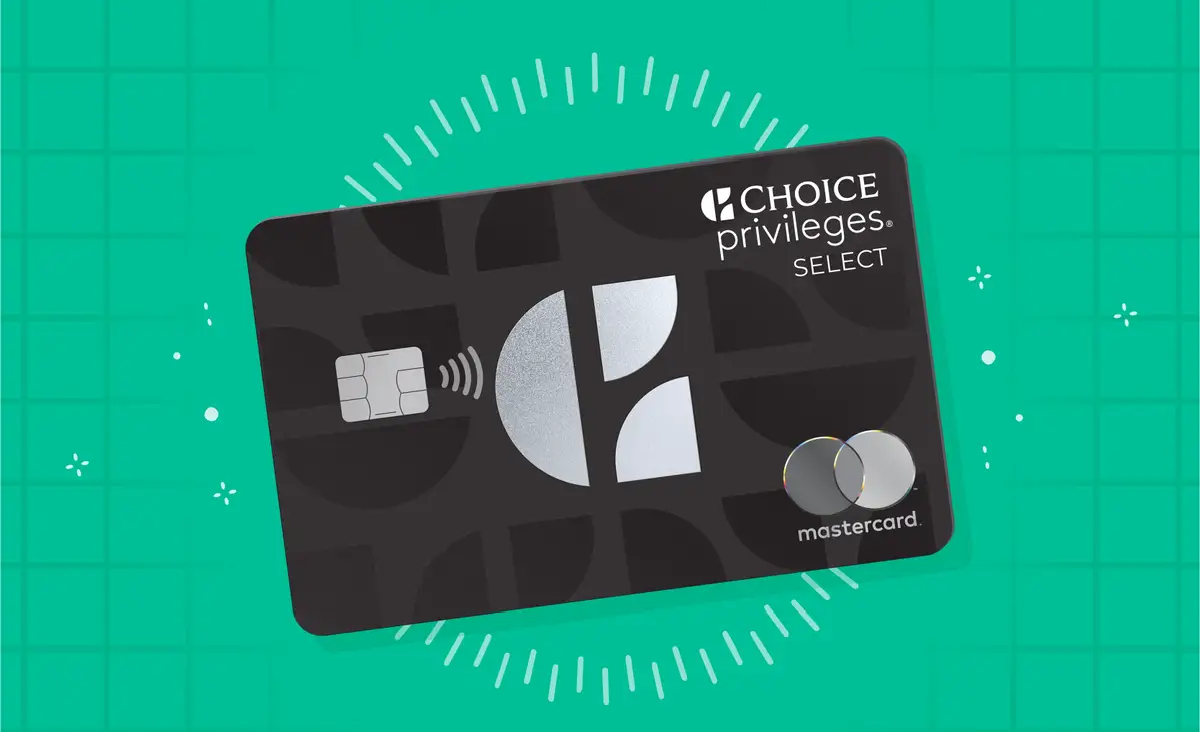Credit Card vs. Debit Card: Which is the Better Option for Everyday Purchases?

Understanding Your Payment Options
In the realm of personal finance, the choices you make are pivotal, shaping not only your budget but also your overall financial well-being. When considering credit cards and debit cards, it’s important to recognize the distinct advantages each option presents, allowing you to make more informed decisions that suit your lifestyle and spending habits.
Choosing between credit and debit cards may sometimes feel overwhelming, as both options fulfill different needs and come with their own sets of features and benefits. A deeper understanding of these differences can pave the way towards more strategic financial management.
Credit Cards
- Build credit history: Using a credit card responsibly—such as making small purchases and paying the balance in full each month—can positively impact your credit score. This is important if you plan to make large purchases in the future, like a home or a car.
- Earn rewards on purchases: Many credit cards offer rewards programs where you can accumulate points, cash back, or travel miles for every dollar spent. Imagine earning a free plane ticket or cash back just for making your everyday purchases.
- Offer protection against fraud: When you use a credit card, your liability in case of fraud is usually limited significantly compared to debit cards. If someone steals your card information, it’s easier to dispute charges and recover your funds.
Debit Cards
- Withdraw funds directly from your checking account: Debit cards provide a direct link to your bank account, allowing you to spend only what you have, which can aid in financial discipline.
- Help with budgeting and avoiding debt: Since debit cards draw directly from your balance, this payment method can help you maintain a budget and avoid the pitfalls of credit card debt.
- Offer instant transaction oversight: Transactions made with a debit card are reflected immediately in your account, allowing you to track your spending in real-time and adjust your budget accordingly.
As you reflect on your financial habits and preferences, consider how each card might align with your goals. For instance, if you’re looking to build your credit score while enjoying cashback rewards, a credit card could be your best bet. However, if your priority is sticking to a stringent budget and avoiding debt, using a debit card may be more suited to your needs.
By weighing these pros and cons thoughtfully, you empower yourself to make smart decisions that will foster a more positive relationship with your finances. This mindful approach not only enhances your financial awareness but also supports your path to financial health and success, guiding you towards a more secure future.
DISCOVER MORE: Click here to dive deeper
Weighing the Pros and Cons
When it comes to navigating the intricate world of payment methods, understanding the implications of using credit versus debit cards is essential for making informed decisions that align with your financial aspirations. Each option serves specific purposes, and recognizing their advantages and drawbacks can empower you to take control of your spending—and ultimately your financial future.
The Upsides and Downsides of Credit Cards
Credit cards have become synonymous with convenience, but this comes with a unique set of responsibilities. One compelling advantage of credit cards is their ability to foster financial growth. For those who use them wisely, credit cards can be a powerful tool for building a solid credit history. Maintaining a good credit score is vital for significant future financial commitments, such as buying a home or securing an auto loan. Additionally, regular repayment of your credit card can lead to lower interest rates over time and better credit terms, providing a continuous cycle of financial benefits.
Credit cards also shine in the realm of rewards. Many card issuers offer enticing loyalty programs that provide cashback, points, or airline miles for everyday purchases—from groceries to gas. Imagine transforming your routine spending into valuable rewards! These incentives can enhance your shopping experience and help you save money on future travel or expenses.
Yet, with these advantages come potential pitfalls. The temptation to overspend can be a growing concern, particularly if you’re not diligent about monitoring your budget. High-interest rates on balance carryovers can quickly snowball into unmanageable debt, making it crucial to pay your full balance each month.
The Benefits of Using Debit Cards
On the other hand, debit cards allow consumers to enjoy the convenience of electronic payments while maintaining a more straightforward relationship with their finances. One significant benefit of debit cards is that they only allow you to spend what you have in your bank account, which can help cultivate a sense of financial discipline and instill responsible spending habits. By utilizing a debit card, you can avoid the risks associated with credit card debt entirely, making it an appealing option for budget-conscious individuals.
With debit cards, there is also the instant satisfaction of seeing your balance adjust in real-time. Keeping a vigilant eye on your finances becomes easier with immediate transaction notifications, empowering you to stay on top of your budget effectively. This feature is particularly useful for anyone who wants to track their spending and avoid unnecessary fees.
- Pros of Credit Cards:
- Build credit history
- Earn rewards on purchases
- Fraud protection and dispute resolution
- Pros of Debit Cards:
- Spend only what you have
- Encourages budgeting and avoiding debt
- Immediate transaction visibility
As you reflect on these compelling advantages, consider where you need to balance your immediate financial reality with your long-term financial goals. A thoughtful review of your spending habits will ultimately guide you in choosing the card that will serve you best, instilling a sense of confidence and purpose in your financial journey.
DISCOVER MORE: Click here to learn about omnichannel strategies
Finding the Right Fit for Your Lifestyle
As we further explore the implications of using credit and debit cards, it becomes increasingly clear that the choice between them hinges on your unique financial situation and personal habits. Understanding the diverse features associated with each type of card can illuminate the path toward making wiser financial choices and helping you achieve your goals.
Understanding Fees and Charges
Both credit and debit cards come with a range of fees and potential charges. When it comes to credit cards, you may encounter annual fees, late payment fees, or penalties for exceeding your credit limit. However, the long-term benefits of building credit and securing lower interest rates can outweigh these costs if you manage your card responsibly.
Conversely, debit cards tend to have fewer fees, but they are not entirely devoid of charges. Some banks may charge monthly maintenance fees, especially if your account balance dips below a certain threshold. Additionally, these cards often have foreign transaction fees, making them less ideal for international travel unless you choose carefully. As you evaluate fees, consider that the right choice may vary based on your spending patterns, travel habits, and financial responsibilities.
Impact on Emergency Situations
Life is often unpredictable, and having a reliable method of payment can help navigate emergency expenses. Credit cards can serve as a safety net during unforeseen circumstances, providing immediate access to funds you may need in a crisis. They can also offer various consumer protections, such as travel insurance, purchase protection, and extended warranties, making them an ideal option for those who frequently travel or make significant purchases.
On the other hand, relying only on a debit card may leave you unprepared for emergencies that exceed your bank balance. While debit cards offer a strong sense of financial control, having the flexibility of a credit card can ensure you are equipped to handle unexpected costs without immediate financial stress.
Behavioral Aspects and Spending Discipline
Choosing between credit and debit cards also reflects your personal relationship with money. Reflect on how you perceive spending and saving. If you tend to be a disciplined spender, a credit card can amplify your financial strategy by complementing your budgeting efforts with rewards and credit-building opportunities. You can enjoy the benefits of rewards and cashback while also fostering responsible financial habits.
However, if you find it challenging to stick to a budget or are prone to impulsive purchases, a debit card may be your best ally in promoting financial wellness. It keeps you accountable to your current financial state, truly enforcing the age-old adage: “If you can’t afford it, don’t buy it.” Ultimately, aligning your payment choices with your behavioral tendencies can significantly contribute to achieving your financial goals.
- Considerations for Credit Cards:
- Potentially higher fees but also greater rewards
- Emergency funds and consumer protections
- May encourage financial growth through responsible management
- Considerations for Debit Cards:
- Generally lower fees and more straightforward usage
- Immediate access to your funds reduces overspending risks
- Encourages awareness of spending habits
As you explore these dimensions, seamlessly integrating your financial goals, lifestyle preferences, and spending behaviors will illuminate the best path forward. Making a conscious decision regarding your everyday purchases today can lead to more empowering and confident financial choices in the future.
DISCOVER MORE: Click here to unlock growth mindset strategies
Making the Right Choice for Your Financial Journey
As we conclude our exploration of credit cards versus debit cards, it’s essential to recognize that there is no one-size-fits-all answer. The choice ultimately depends on your financial habits, goals, and lifestyle. Whether you lean toward the rewarding potential of credit cards or the immediate control offered by debit cards, understanding the implications of each option is paramount in shaping your financial future.
Credit cards can open doors to benefits like rewards programs and consumer protections, but they require discipline to avoid debt traps. Conversely, debit cards can provide a sense of security by limiting your spending to available funds, yet they may not offer the flexibility needed during emergencies. It’s important to carefully consider your spending behaviors and financial objectives.
In a world where financial literacy is more crucial than ever, making informed decisions about your payment methods can empower you to not only manage your money effectively but also to achieve your financial aspirations. By reflecting on your personal relationship with money and assessing your needs, you can find the balance that works for you.
Ultimately, both cards have unique advantages and challenges. Conduct a thorough evaluation of your spending habits, compare the features and fees associated with each option, and select the path that aligns with your vision for financial wellness. Remember, the key to making the right decision lies in staying conscious and responsible in your financial actions today, paving the way for a more secure tomorrow.



